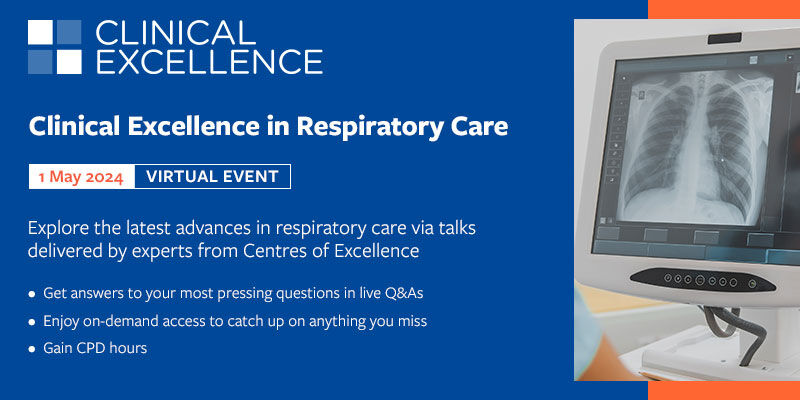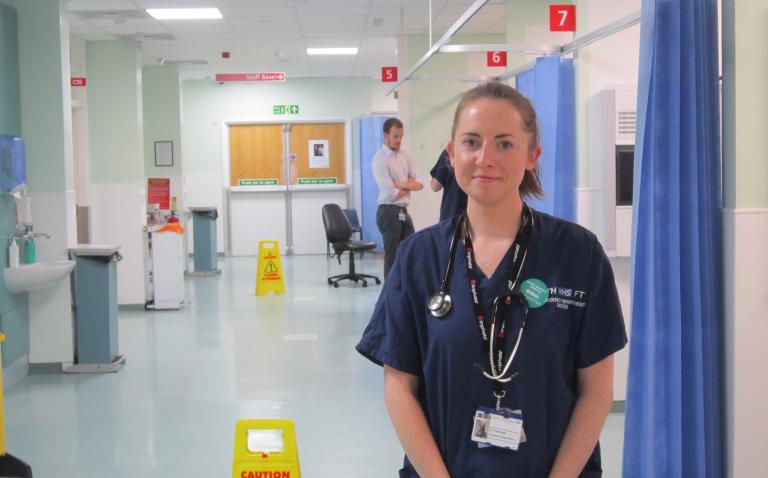Vascular trainee Dr Rachel Stansfield, who currently works in the Accident and Emergency Department at the Northern General Hospital, has presented work developed by the Sheffield Vascular Institute using a new pathway for assessing stab wound patients which means that more can be treated using minimally-invasive procedures.
Her presentation was recognised with the award of the prestigious Royal Society of Medicine Harvey Prize, presented for innovations in vascular medicine.
Dr Stansfield has also been shortlisted for a Royal Society Trainee of the Year Prize, and will present her work at the British Society of Interventional Radiology and internationally in Germany in the New Year.
The standard pathway for patients who attend A&E with stab wounds is for them to be taken straight to theatre, where surgeons will assess, clean and operate on the wound.
Under the new pathway developed at the Sheffield Vascular Institute, in liaison with consultants Dr Mark Regi and Dr Stuart Reid, patients will have a Trauma CT scan and this is immediately assessed by a consultant vascular radiologist to see if the wound can be treated using a minimally invasive procedure such as stenting. Generally, these procedures are quicker and require a shorter stay in hospital.

Similar techniques were already used for patients with chronic conditions, but not in acute settings where patients require urgent treatment.
Dr Stansfield said: “Usually, stab wound patients are young men who are actively bleeding. We had one patient who had been glassed in the neck and, previously, we would have had to open his chest and neck and it would have required a long inpatient stay.
“But after the stent-grafting, he was able to step-down to the ward and was only in hospital for a couple of days.
“It is a change and that can take some getting used to, but ultimately it should benefit patients because the treatment is less invasive, takes less time and stops the bleeding faster.
“I was very pleased to win the award and I am looking forward to raising wider awareness of the work and the possible benefits so that more people can start using it.”
Dr Regi, a Consultant Vascular Interventional Radiologist, said: “This is a real success story that demonstrates the high-tech treatments we can use for trauma patients at Sheffield Teaching Hospitals NHS Foundation Trust.”









